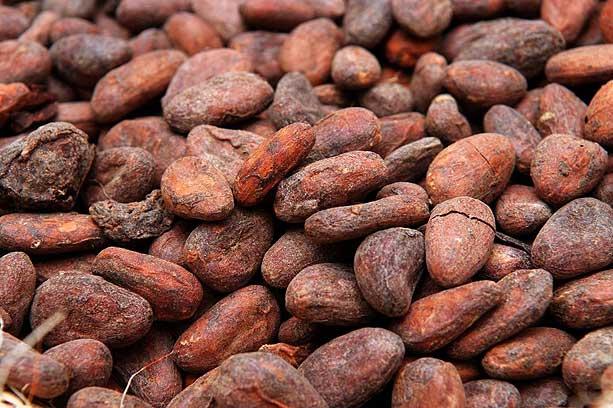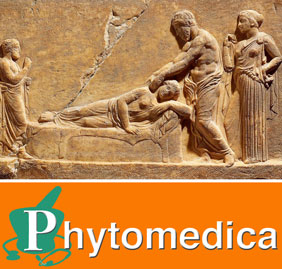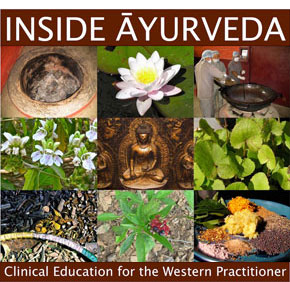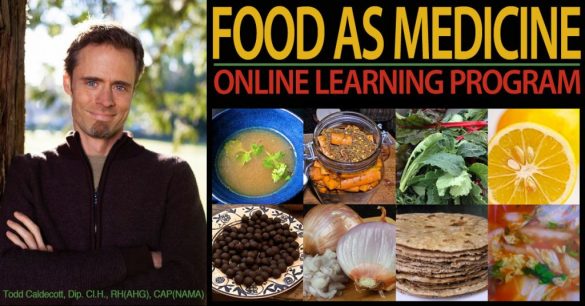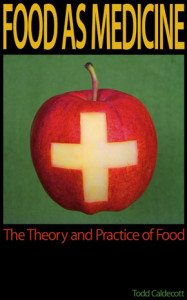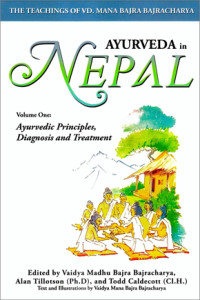I recently answered this question on the Food As Medicine website: One of the subjects folks seem to be interested in these days is raw cacao nibs. They can be found in health food stores often sold for very high prices, the packaging and marketing exuding with confident exclamations that raw cacao nibs are indeed theobroma - the 'food of the gods'. And it is true: the name Theobroma is a Latin, scientific epithet meant to capture the traditional importance of cacao in Meso-American culture. Cacao was essentially a kind of currency for the Aztecs, Mayans and other Meso-American groups, as well as a sacred beverage and general health tonic. Like tea and coffee, the popularity of chocolate quickly spread throughout the West after the Spanish, Swiss and especially the Dutch got hold of it, mixing it with varying amounts of sugar and condensed milk that forms the more familiar form of chocolate we all know. One of the key elements of today's cacao marketing push is this idea that "raw" … [Read more...]

Radiation concerns from Japan
There is mounting concern that radiation leaking from the Japanese Fukushima nuclear power plants could affect human health. It is very difficult to get solid information, but reports I have seen indicate that the radioactive isotopes of concern are iodine 131, strontium 90, cesium 137, and plutonium 239. Iodine 131 is the most immediate concern because iodine forms the structural basis of thyroxine, a hormone synthesized by the thyroid gland. Free iodine is taken up by the thyroid and stored until it is utilized or otherwise eliminated from the body. Given the thyroid's affinity for iodine, radioactive iodine is rapidly taken up by the thyroid, where it emits radiation (beta/gamma particles) that promotes local cell mutations that can lead to thyroid cancer. In acute exposure to iodine 131 people are counselled to take potassium iodide to fill up the thyroid with iodine so that the radioactive iodine is not absorbed instead. While this does protect against specific damage to the … [Read more...]

Hyperlipidemia 101
A couple days ago I blogged on the issue of hypertension and whether it is actually disease. I described it as a self-reinforcing concept that appears to be true, but only if you accept the erroneous premise of the argument. Hypertension, I argued, is not a disease but merely a diagnostic sign, and that by treating a diagnostic sign we mask our ability to monitor the progression of the disease. There are many other diseases in Western medicine that are defined, at least in terms of treatment, not by their symptomology or cause, but by their diagnostic signs. A similar issue is hyperlipidemia, or ‘high cholesterol’. For years now people have been worried about their cholesterol levels, which like hypertension, is just a simple measurement of a very narrow parameter of physiological function. Like hypertension, you can walk around with elevated cholesterol and not know it. On its own, elevated cholesterol doesn't cause any problem, and there are no noticeable symptoms. Yet despite this, … [Read more...]
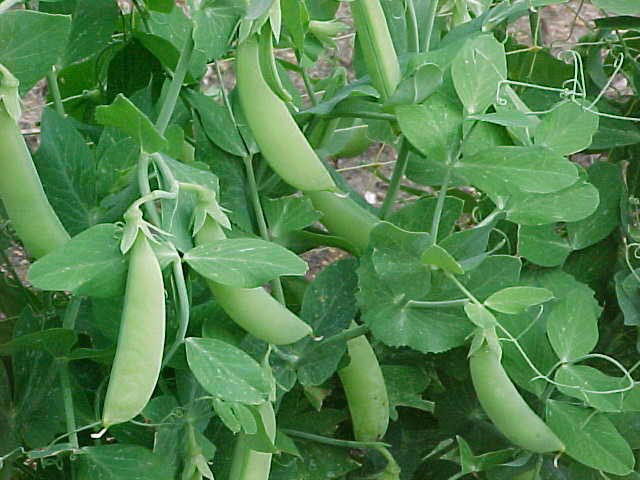
A question about pea protein…
I recently posted an article to the urbandiner.ca website on the subject of the legumes ("Beans, beans, the magical fruit?"), in part taken from a chapter of my upcoming book "Food As Medicine" The Theory and Practice of Food". In the last part of my blog I discuss the issue of the vegan protein powders that seem all the rage these days. I have spent some time on medline researching these ingredients, chief among them being pea protein isolate. If you do a google search on it, most of the "information" is marketing, about how it's well-tolerated, well-digested and hypoallergenic. But is it really? Looking on medline however there is very little research to back up any of these claims. There is one chemical study which suggests that it might be suitable for infant formula, and another short trial in non-anemic healthy women, but nothing much else. With regard to the last trial, it's important to point out that many vegans are in fact iron-deficient, despite the fact that their diet … [Read more...]
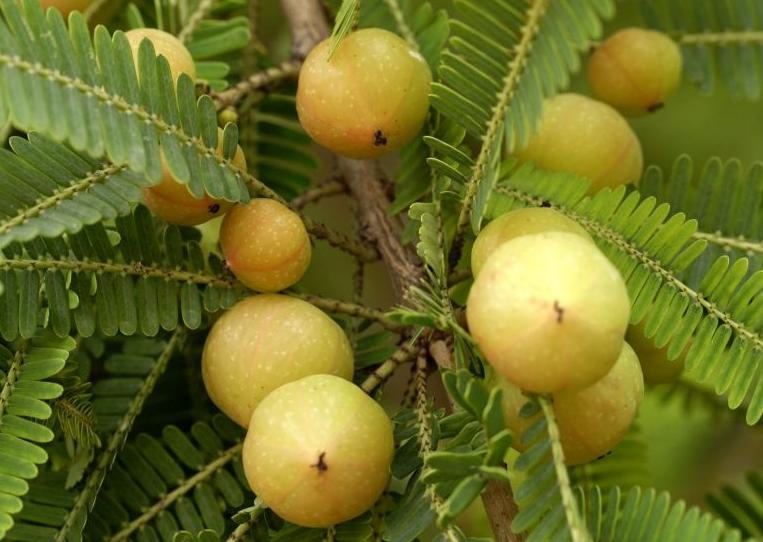
The Wonders of Chyavanprash
Among the thousands of different herbs and formulas used in Ayurveda, there is perhaps none better known and celebrated than the medicated herbal jam called Chyavanprash. It is named after Chyavana muni, a forest-dwelling sage that had long turned his back on the world, who was enticed into marriage by the great beauty of the princess Sukanya. Being withered and aged, Chyavana enlisted the help of the Ashwin Kumaras, the celestial physicians, to create a formula that would restore his youth, and the result of these efforts was Chyavanprash. Chyavanprash is classified as a rasayana, a medication that helps to promote youthfulness and prevent disease, helping one to 'follow' ('ayana') into the 'juiciness' of life ('rasa'). It was already acclaimed as famous in the Charaka samhita, an ancient text of Ayurveda that is well over 2000 years old. Apart from helping to restore youthfulness and prevent aging, the Charaka samhita mentions the utility of this formula in the treatment of chronic … [Read more...]
